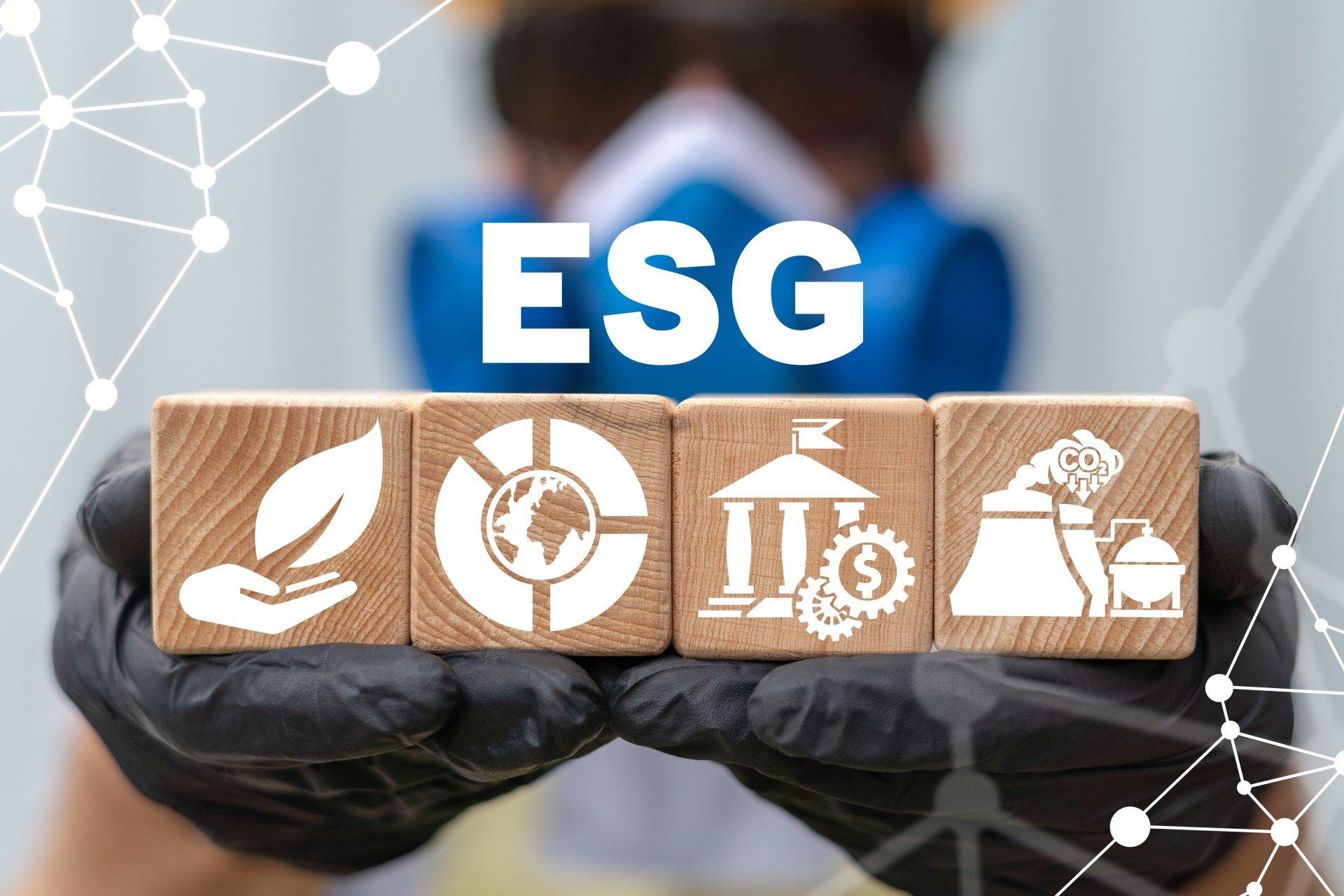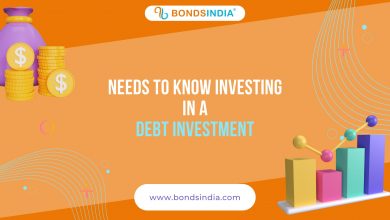Environmental, social, and governance (ESG) investing is a type of impact investing that focuses on companies with strong ESG ratings. This approach to investing considers not only financial returns, but also environmental and social factors. ESG investing has been around for several decades, but it has gained increased attention in recent years as more investors are looking for ways to invest in companies that are aligned with their values. In this blog post, we will take a look at the research progress that has been made on ESG investing and future prospects for the strategy.
The Origins of ESG
ESG research refers to environmental, social and governance factors that affect a company’s or investment’s ability to generate long-term value. The acronym “ESG” first appeared in the early 1990s, but the concept of incorporating sustainability considerations into investment analysis and decision-making is much older.
The origins of ESG can be traced back to the field of Responsible Investment (RI), which emerged in the 1970s in response to growing concerns about the negative environmental and social impacts of business. As awareness of these issues grew, a small number of forward-thinking investors began to integrate sustainability factors into their decision-making processes. This approach was later formalized under the banner of RI.
The term “ESG” first came into use in the early 1990s, when a group of institutional investors led by Steven Lydenberg of Domini Social Investments launched the first ESG-themed mutual fund in the United States. The fund was called the Domini Social Equity Fund, and it was designed to invest in companies that met high standards for environmental and social performance.
Since then, ESG has become an increasingly important consideration for investors around the world. A growing body of academic research has shown that incorporating ESG factors into investment decision-making can lead to better outcomes – for both investors and society as a whole.
The Current State of ESG
Since the early 2000s, there has been a growing interest in environmental, social, and governance (ESG) issues among investors, companies, and other stakeholders. This interest has been driven by a number of factors, including the increasing awareness of the risks associated with climate change and other environmental issues, the increasing prevalence of social media and other channels through which stakeholders can voice their concerns about corporate behavior, and a growing body of evidence that suggests that companies that manage ESG risks effectively tend to outperform those that don’t.
Despite this increasing interest, there is still much room for improvement when it comes to the way ESG risks are managed. In particular, there is a need for better data and analytics to help investors assess ESG risks and opportunities. There is also a need for improved disclosure from companies so that investors can make informed decisions about whether or not to invest in them. Finally, there is a need for more engagement between investors and companies on ESG issues so that companies are held accountable for their performance on these issues.
The good news is that there are already many organizations working to improve the state of ESG risk management. For example, the Sustainability Accounting Standards Board (SASB) has developed standards for corporate disclosure on material sustainability factors. The Global Reporting Initiative (GRI) has also developed guidelines for reporting on a range of sustainability indicators. And a number of initiatives are underway to develop data and analytic tools to help investors assess ESG risks
Future Prospects for ESG
The United Nations’ Sustainable Development Goals (SDGs) provide a comprehensive and global framework for sustainability. The SDGs were adopted in 2015 by all United Nations Member States as a shared blueprint for peace and prosperity for people and the planet. The 17 SDGs are an interrelated set of goals that address the social, economic, environmental and governance dimensions of sustainable development.
ESG investing is a rapidly growing area of interest for investors globally as they seek to align their investments with the SDGs. In 2019, over $30 trillion was invested globally in ESG assets, an increase of 34% from 2018, according to data from Bloomberg.
Looking ahead, we expect the global pandemic will accelerate the growth of ESG investing as investors seek to invest in companies that are well-positioned to manage risk and build resilience in an increasingly uncertain world. We believe there is significant potential for ESG investing to help drive progress towards the achievement of the SDGs.
How to Implement ESG in Your Portfolio
Socially responsible investing (SRI), also known as sustainable, green, or ethical investing, has been gaining traction in recent years. A 2019 report from the Forum for Sustainable and Responsible Investment found that US SRI assets grew from $6.57 trillion in 2016 to $8.72 trillion in 2018, an increase of 32%.
One reason for this growth is increased awareness of environmental, social, and governance (ESG) issues. Another is the growing body of evidence that ESG factors can have a positive impact on financial performance. A 2018 study from MSCI found that companies with strong ESG ratings outperformed those with weak ratings by 3.5% per year over the period from 2007 to 2016.
If you’re interested in adding ESG investments to your portfolio but don’t know where to start, here are a few tips:
1. Do your research
Before investing in any company, it’s important to do your due diligence. This is especially true when it comes to ESG investing, as there is no one-size-fits-all approach. There are a number of resources available to help you research companies and assess their ESG performance, including third-party rating agencies such as MSCI and Sustainalytics. company reports and sustainability disclosures can also be useful sources of information.
2. Consider your objectives
When it comes to investing, everyone has different goals and priorities. As you evaluate
Conclusion
Environmental, social, and governance (ESG) criteria have become increasingly important to investors in recent years. In this paper, we review the academic literature on ESG investing. We find that a large body of research has documented a positive relationship between ESG scores and financial performance. In addition, we find that corporate transparency about ESG information is associated with improved firm outcomes, including lower cost of capital and higher stock returns. Despite these promising findings, we also identify several key challenges that must be addressed before the field of ESG investing can mature further.





